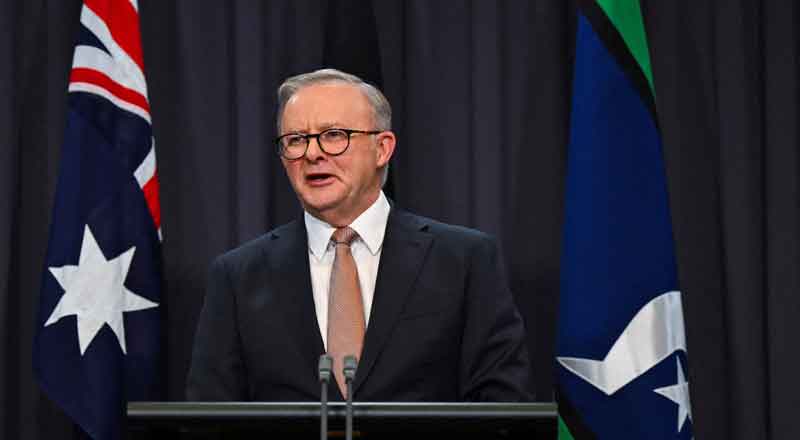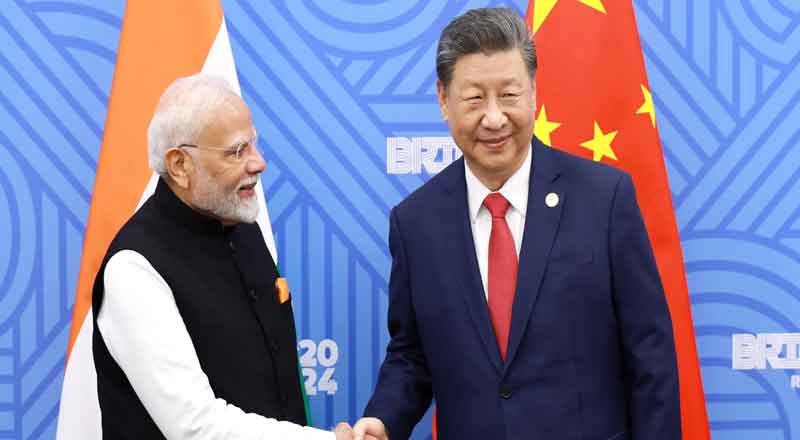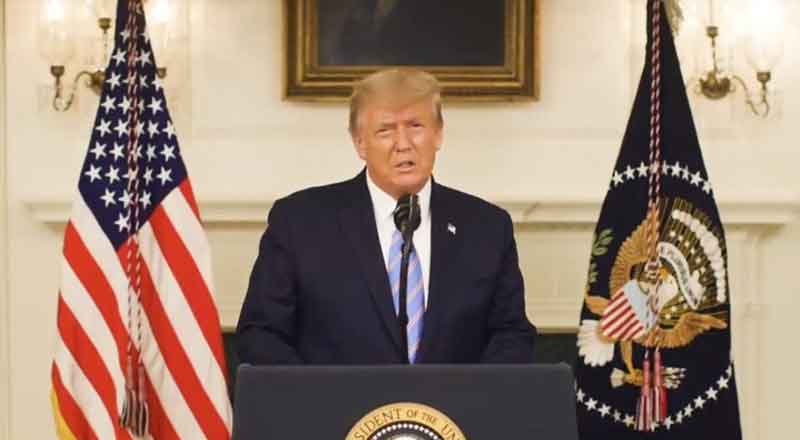A Bold Stand on Social Media Risks for Youth
The Australian government has proposed one of the strictest social media regulations in the world, with plans to ban children under 16 from accessing popular platforms such as Instagram, TikTok, Facebook, and X. This announcement, led by Prime Minister Anthony Albanese, aims to protect children’s mental and physical well-being by curtailing early exposure to the potential harms of social media. With legislation expected in the coming year, the policy highlights the increasing concern globally around social media’s influence on young people and could set a new benchmark for digital policy.
Protecting Youth from Social Media Risks
At a recent press conference, Albanese expressed the government’s motivation behind the measure, emphasizing the risks posed by social media, especially for children in critical developmental stages. “Social media is doing harm to our kids and I’m calling time on it,” he stated, referencing studies that show links between excessive social media use and issues like anxiety, depression, and negative body image, particularly for young girls. The prime minister also highlighted the impact of misogynistic and harmful content on boys, noting that exposure to such material could distort their perceptions during formative years.
The proposed ban includes stringent rules: children under 16 won’t be able to use social media even with parental consent, and existing accounts for those under the age threshold will also be removed. This restriction sets Australia apart from other countries with similar bans, such as France, which allows access with parental approval.
Innovative Age Verification Trials Underway
To enforce this legislation, Australia is trialing an advanced age-verification system, exploring methods such as biometrics and government identification to prevent underage access. The age verification process would place the burden on social media platforms to ensure compliance, as opposed to relying on parents or young users. Communications Minister Michelle Rowland described the policy as “world-leading,” noting it will likely serve as a model for other countries grappling with the same challenges.
A Global Shift Toward Stricter Social Media Controls
Australia’s policy emerges at a time when countries worldwide are increasingly concerned about children’s social media usage. In the U.S., technology companies must obtain parental consent to gather data on children under 13, which has led platforms to set 13 as the minimum age for access. France recently proposed a similar ban for children under 15, while the United Kingdom is considering tighter controls as well.
However, Australia’s approach goes further than any current policy, with a higher age limit, no allowance for parental consent, and no “grandfathering” of existing accounts. If successful, the policy could mark a significant shift in the global approach to social media regulation.
Pushback from Industry Groups and Concerns About Access
Despite government support, the policy has not been without criticism. Sunita Bose, Managing Director of the Digital Industry Group Inc. (DIGI), which represents major platforms like Meta, TikTok, and Alphabet, voiced concern that an outright ban could inadvertently drive young people toward darker, unregulated corners of the internet. She warned that banning teenagers could also limit access to digital communities that serve as support networks for many young people.
Bose advocated for a balanced approach, suggesting age-appropriate platforms, digital literacy initiatives, and safeguards against harmful content as alternatives. “Keeping young people safe online is a top priority,” she said, “but the proposed ban for teenagers to access digital platforms is a 20th Century response to 21st Century challenges.” DIGI’s response highlights a fundamental debate around whether restricting access is the best way to protect youth in a digital-first world.
Path Forward and Global Implications
The proposed legislation is slated to enter the Australian parliament later this year, with potential implementation by the end of next year if it passes. This landmark move will be closely watched by other countries, as it may set a precedent for age verification and social media restrictions. Social media companies face mounting pressure to adapt, particularly as governments weigh the balance between protecting children and providing responsible online spaces.
Toward a Safer Digital Landscape for Future Generations
Australia’s proposed social media ban for under-16s represents a bold, unprecedented step in the fight to safeguard children’s well-being. With escalating concerns over social media’s impact on mental health and societal attitudes, this legislation could initiate a wave of similar policies worldwide. While the debate continues on the best ways to address these issues, Australia’s stance underscores a proactive approach, prioritizing the physical and emotional health of future generations over unchecked digital engagement. The next year will reveal whether this pioneering measure becomes law and how it influences the digital safety landscape globally.
(With inputs from agencies)





